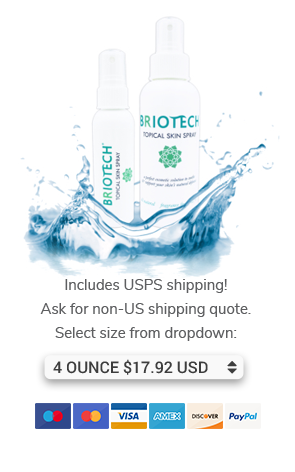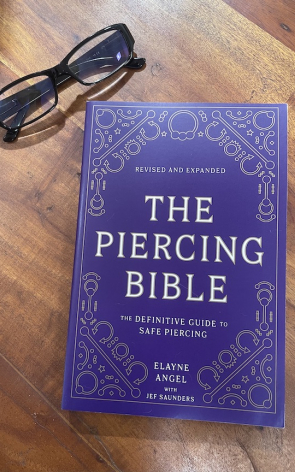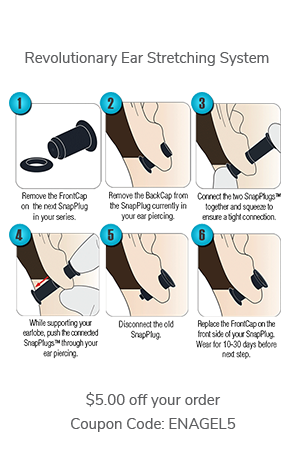I frequently get messages from people wanting to know how they can find a good piercer. Unfortunately, sometimes it is necessary to travel to get a really good piercing done if the nearest "professional" is not sufficiently skilled. If someone has a license and a storefront business, surely they know what they’re doing—right? Well, actually…no.
The truth is that the piercing industry is under-regulated, which allows for many unqualified practitioners to remain in the field. A large portion of my business consists of doing consultations for individuals who are experiencing problems with their piercings. You can see a lot of them in my blog posts. What I can tell you is that there is a LOT of bad piercing going on out there! Even when studios have good tattoo artists, that doesn’t guarantee that their piercers are equally talented. Some tattoo studios also have good piercers, others not so much. I have found, in general, that piercing-only businesses are likely to be sound choices, since they depend on that specific work for the entirety of their income and are solely focused on the job of piercing.
If you really want to know everything you need to know about getting a safe, successful piercing, then you should read The Piercing Bible. That’s primarily what I wrote it for. Because it isn’t just the skills of the piercer that go into getting a great job: it is also the quality of the jewelry and the selection of the right size and style for the piercing. Further, the aftercare you provide will have an impact, and I’m often stunned at the destructive advice offered by “professional” piercers to their clients. There is also the matter of anatomical suitability for many piercings, and appropriate placement for safety and the ability to heal properly. I offer anatomy consultations if you want to know which piercing options you could get, or whether you're built for specific piercing(s) that are of interest.
But if you want a crash course:
First choice: get pierced by me if you can get to one of the cities where I’m working. I've been piercing professionally since the 1980s and I'm literally the longest-working piercer still in the industry. If that’s not an option
Second choice: go to one of the piercers on my referrals list.
Third choice: go to a member of The Association of Professional Piercers (APP). Members uphold a high level of hygiene and agree to use only quality jewelry in fresh piercings. The piercers are not "certified" by the organization, however, and the APP does not monitor the “artistic merit” of the piercer. Meaning, you can rest assured they’re using appropriate sterilization and hygiene protocols, and high quality jewelry. But membership does not guarantee that the piercer knows the best location for a piece of jewelry. Learn more about the membership criteria here.
The APP also has a great brochure with checklist for choosing a piercer that introduces important subjects on what to look for in a studio. It briefly covers topics including autoclaves and spore-test results, sharps containers, licensing and permits, age requirements, portfolio, studio set-up and hygiene, piercing set-up, and more.
One other thing is listen to your gut. I can’t tell you how many people have told me that they had a bad feeling about the piercer, or didn’t trust him or her, but went ahead with the piercing anyway. Don’t do that! If something feels wrong, please leave the studio!




